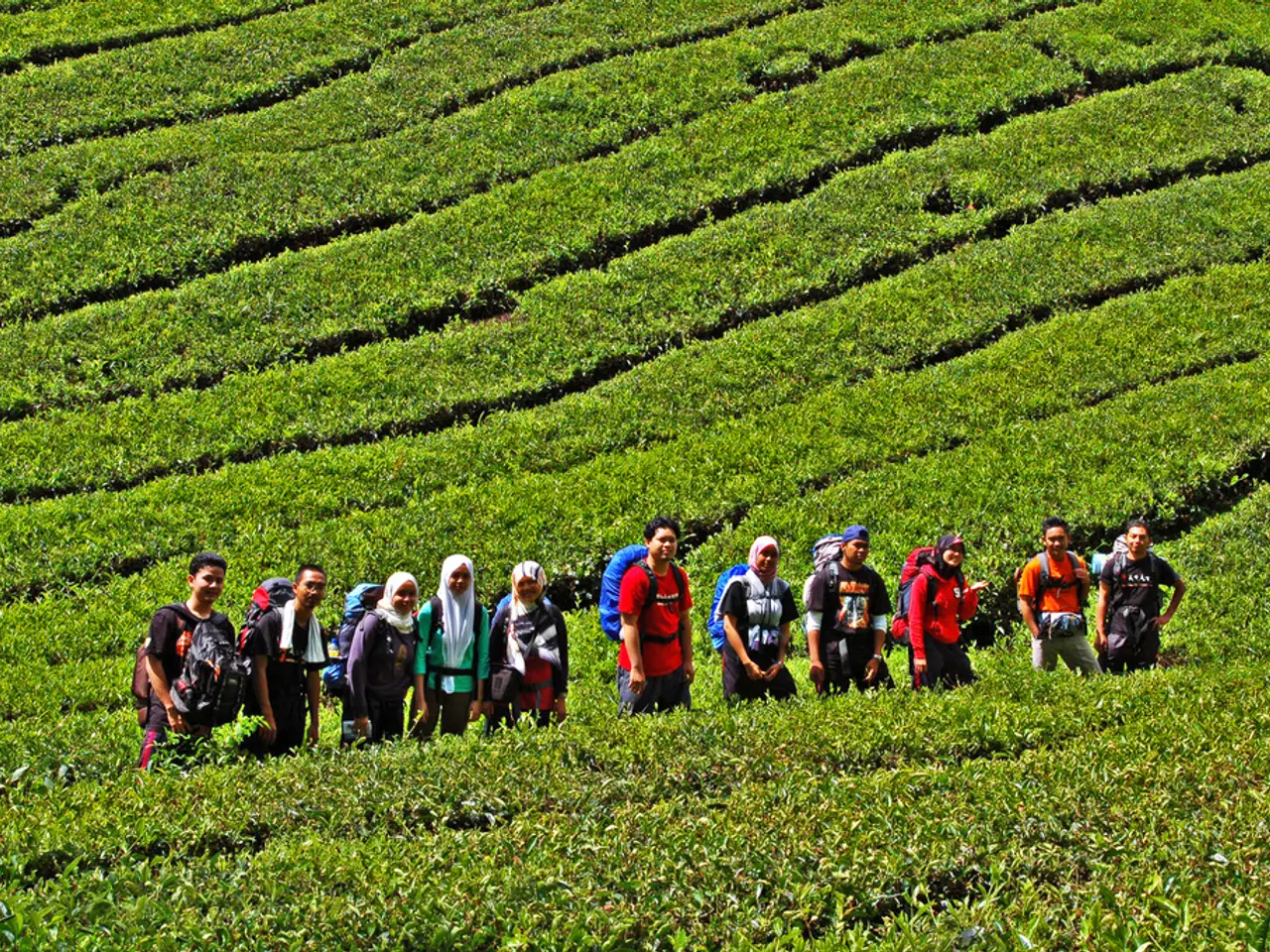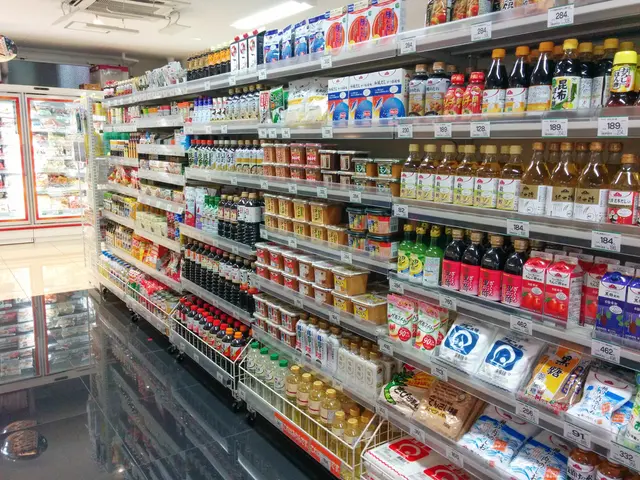Bolstering the Land Ownership Rights of Small Farmers
Promoting Tenure Security for Smallholders and Indigenous Peoples in Bolivia and Peru
The UN Voluntary Guidelines on the Responsible Governance of Tenure of Land, Fisheries, and Forests (VGGTs) are a set of international principles designed to improve the governance of tenure rights worldwide, with a particular focus on vulnerable groups such as smallholders and indigenous peoples.
In countries like Bolivia and Peru, where smallholder family enterprises produce 60-70% of the basic food supply and a significant portion of the population is indigenous, the VGGTs offer a valuable framework. They aim to secure the rights of these communities by establishing norms that recognize their legitimate tenure rights, support their participation in decision-making about land governance, and protect them from displacement and dispossession.
One of the key challenges in these countries is the competition between large enterprises and indigenous communities for land. To address this, the VGGTs call for legal frameworks that formally recognize customary tenure systems and safeguard access to natural resources in sustainable ways.
The VGGTs also emphasize the importance of gender-sensitive approaches, ensuring that women within these communities also benefit from secure tenure rights. Furthermore, they promote conflict resolution mechanisms to address tenure disputes fairly and prevent dispossession.
In practice, many smallholder family enterprises in Bolivia and Peru do not have registered land titles, relying instead on informal common- or land-use laws. This situation is further complicated by the increasing presence of foreign investors buying land in Peru.
To address these issues, Welthungerhilfe, in collaboration with its partners, is developing an interactive data platform for compiling and disseminating legal developments regarding land use and practical experiences. The organisation is also engaged in intensive educational efforts to ensure that all actors - government representatives, investors, farming and indigenous organisations - are familiar with the content of the Guidelines.
Recently, Pedro Castillo, the President of Peru, expressed his belief that the Guidelines, if properly applied, could secure the smallholders' right to food in the long term and prevent conflicts. For instance, Hilda Machuca, a resident of Choclococha in the High Andes, has seen her alpaca herd decrease due to the expansion of the canal system, which supplies water to Ica, the center of the export-oriented agricultural industry. Implementing the Guidelines could help address such issues and ensure a more equitable distribution of resources.
The VGGTs are the first global instrument of international law to regulate secure and fair access to natural resources and conditions for land investment. By promoting transparent, accountable, participatory, and equitable governance, they aim to improve tenure security and sustainable management of land, fisheries, and forests for smallholders and indigenous peoples.
[1] United Nations Committee on World Food Security (CFS) [3] Welthungerhilfe [5] Sustainable Development Goals (SDGs)
- To ensure long-term food security and prevent conflicts, the United Nations Committee on World Food Security (CFS) could collaborate with Welthungerhilfe in implementing the UN Voluntary Guidelines on the Responsible Governance of Tenure (VGGTs) to secure the rights of small-businesses (smallholder family enterprises) in regions like Bolivia and Peru, supporting their access to financial resources and protecting them from displacement.
- The VGGTs, the first global instrument of international law to regulate secure and fair access to natural resources, offer a valuable framework in countries like Bolivia and Peru where small-businesses produce a significant portion of the food supply. TheseGuidelines can help indigenous communities participate in decision-making about land governance, ensuring sustainable management of land, fisheries, and forests for their small-businesses.




